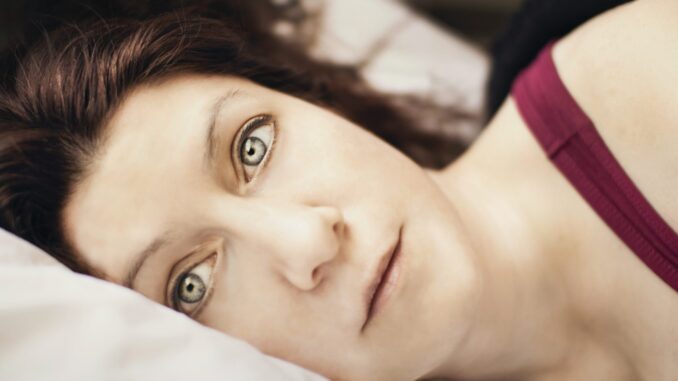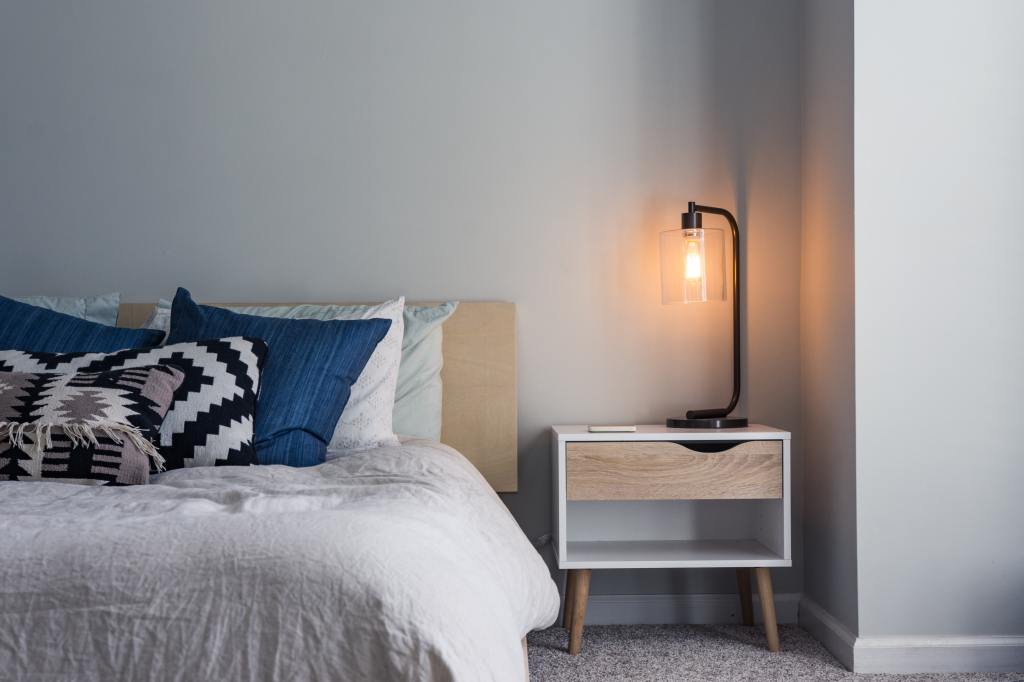
Too many of us neglect sleep — with serious consequences.
Some people, bearing big responsibilities, consider sleep a luxury. But subjecting the body to long hours without rest is detrimental to one’s health. Working at night exacerbates the problem.
“I work as a watchman in a shopping center for a private security company,” said Evaristo Reyes Casas, from Boca del Río, Veracruz. “I have 12-hour shifts. After spending all night and part of the morning working, it is difficult for me to rest or even fall asleep.”
There is a direct relation between sleep deprivation and accidents.
Para muchos, contar con horas de descanso realmente es un privilegio, pues llevan a cabo muchas actividades diarias.
“Debido a que, como padre de familia, debo atender situaciones del hogar, como ayudar a limpiar la casa, ayudar a mis hijos con su tarea y ya hasta en la tarde como ya me da sueño, solo descanso de 6 a 7 horas, ya que cuando despierto, preparo mis cosas para irme a trabajar”, dijo Reyes Casas.
The Sleep Foundation estimates that “sleepy employees are 70 percent more likely to be involved in workplace accidents than colleagues who are non-sleep deprived.”
The paradox is there are all kinds of night occupations — watchmen, police officers, taxi drivers, nurses, doctors, orderlies, waiters, cooks or truck drivers — that demand people stay alert — at a high cost to their health and safety. These jobs often require shifts longer than eight hours, which exacerbates the problem.
Often, physical and mental exhaustion makes these workers turn to energy drinks with high levels of caffeine or sugars to counteract fatigue, a practice harmful to the human body.

“As a parent, I have to take care of household activities, including cleaning the house and helping my children with their homework. I begin feeling sleepy in the afternoon, and I only rest for six to seven hours. When I wake up, I get ready to go to work,” Reyes Casas said.
The persistent deprivation of sleep can impact health. “Now, I suffer from [high] blood pressure. This issue is new to me, as is feeling anxiety,” Reyes Casas said.
“Lack of sleep keeps you in an alert state, in which the brain signals the body to be active,” said Marco de Jesús Zárate Olvera, a medical practitioner in Veracruz, Mexico.
Lack of sleep “increases heart rate, raises blood pressure and triggers headaches, irritability and anxiety. It also weakens the immune system, making [patients] prone to contracting diseases as common as colds and complicating them,” said the doctor.

Some people take pills to stay awake during night shifts. Zárate Olvera said these medications “create a strong addiction,” which is why they are controlled.
For people who work at night or who want to improve their sleep quality, Zárate Olvera recommended practicing relaxing activities, such as taking a bath and having a light dinner after a work shift. It is also essential to keep the bedroom dark or with little light.
“The important thing is that people on night shift rest their eight hours, allowing the body to recover its energy.”
He also suggested going to bed and waking up at a fixed hour and avoiding caffeinated and alcoholic beverages, since far from relaxing, they alter the nervous system.
(Translated and edited by Gabriela Olmos. Edited by Fern Siegel)
The post Health Alert: Sleep Is Not A Luxury, It’s A Necessity appeared first on Zenger News.
